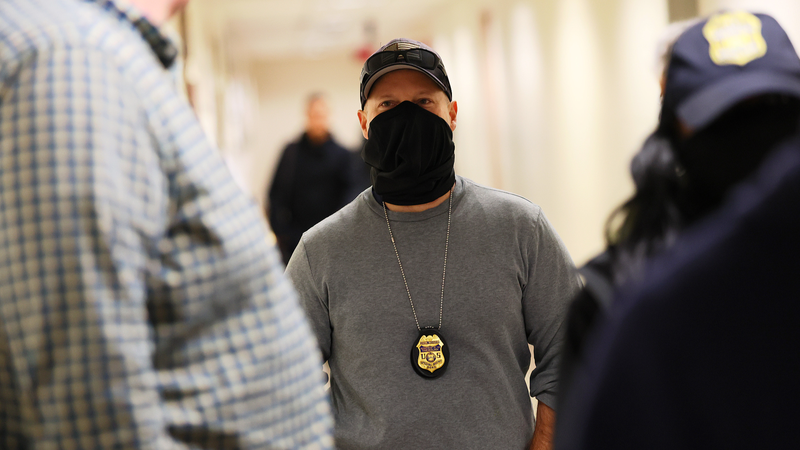Imagine working in one of America’s most dangerous jobs and knowing that a split-second decision could save lives. That’s the reality for professionals like Robbie Roberge, a commercial fisherman from South Portland, Maine, who, when a fire erupted on his boat, relied on critical safety training he received just months earlier. 🔥🚤
Robbie’s quick action during the emergency on his boat, the Three Girls – named for his daughters – highlights the immense value of these trainings. Organized by groups like Fishing Partnership Support Services (FPSS), these sessions equip workers in fishing, logging, farming and other high-risk fields with the skills needed to handle unexpected crises.
However, recent federal budget cuts aimed at slashing government size are putting these essential trainings at risk. The National Institute for Occupational Safety and Health (NIOSH) has seen drastic staffing reductions – with about 875 positions cut in April – which significantly undermines the support for safety workshops across the country. Although approximately 300 employees were later reinstated, key roles in overseeing the safety centers remain vacant.
Experts warn that as funding dwindles, some programs may wind down as early as July, leaving many workers without the vital training needed to face emergencies. One experienced FPSS instructor noted, "If they give us this money to do this training, it’s going to lessen how much money has to be spent to rescue the untrained." This perspective underscores that investing in preventive safety measures now can prevent more costly, life-threatening incidents later.
For many on the front lines, these trainings are more than just a government expense – they’re a lifeline in challenging, unpredictable conditions. As debates continue about fiscal efficiency and reducing bureaucracy, the future of these programs hangs in the balance, and the safety of America’s hard-hat heroes remains at risk.
Reference(s):
Trump cuts threaten safety training for America's most dangerous jobs
cgtn.com




